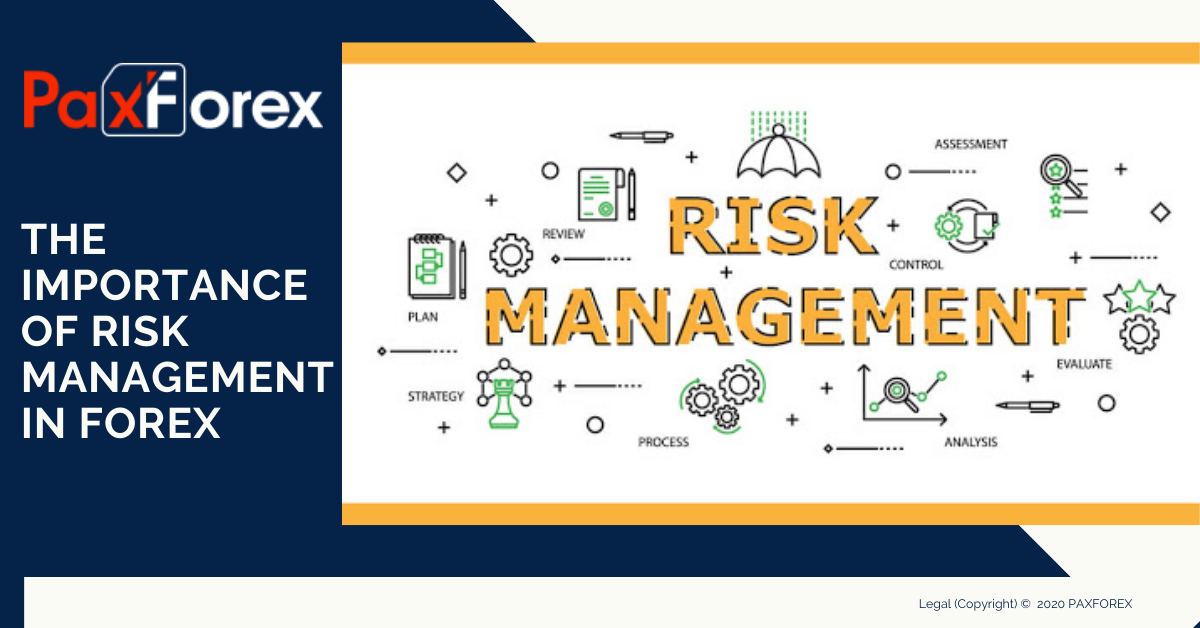Why Organizations Should Prioritize the Importance of Risk Management Now More Than Ever
Why Organizations Should Prioritize the Importance of Risk Management Now More Than Ever
Blog Article
The Important Importance of Risk Management in Getting Business Goals
This is where Risk Management steps in, providing an organized method to determining, analyzing, and mitigating prospective barricades to advance. As we check out the vital role of Risk Management in attaining business goals, one can't assist yet question: just how does this convert into real-world success?
Recognizing the Concept of Risk Management in Company

The Indispensable Duty of Risk Management in Strategic Planning
Incorporating Risk Management right into critical planning functions as a secure for companies, securing their long-lasting plans with a strong structure of preparedness and durability. It operates as the organization's radar, discovering potential hazards and vulnerabilities that can disrupt the course in the direction of accomplishing their stated purposes. Risk Management provides a framework for expecting unpredictabilities and developing ideal reactions, making certain the organization's survival and success even when faced with hardship. By integrating Risk Management into strategic planning, companies can transform these unpredictabilities into opportunities for growth and development. This strategic interweaving of Risk Management promotes adaptability, making organizations more durable and allowing them to navigate the ever-changing company landscape confidently. Consequently, Risk Management ends up being an indispensable tool in strategic planning, important in safeguarding sustainable success.

Methods for Identifying, Assessing, and Focusing On Risks
The process begins with Risk recognition, utilizing devices such as SWOT evaluation, which aids in pinpointing potential hazards and opportunities. Next, Risk analysis is carried out to determine the prospective influence and likelihood of each Risk. Risks are prioritized based on their possible influence and chance, allowing organizations to focus their sources on critical threats.
Securing Business Operations Via Reliable Risk Management
In my website business landscape stuffed with unpredictabilities, efficient Risk Management plays a crucial role in guarding organizational operations. It works as a protective guard, alleviating the adverse effects of possible threats and guaranteeing the smooth performance of all procedures. By identifying and evaluating prospective threats, Risk Management makes it possible for companies to develop durable contingency strategies. This preventative strategy help in maintaining functional stability, also when confronted with unexpected situations. Basically, Risk Management is the lifeline that maintains the organizational procedures afloat among turbulent waters. It makes sure not only the survival yet the sustainable growth of an organization, making it an indispensable click for source device in accomplishing company objectives. Thus, companies need to purchase extensive Risk Management strategies to safeguard their operations.

Converting Possible Risks to Opportunities: The Power of Risk Management
An aggressive method to risk Management involves determining, examining, and focusing on risks to design approaches that transform them into possible advantages. Thus, by leveraging the power of Risk Management, organizations can not only protect their procedures yet also stimulate development and accomplish their objectives in an uncertain organization setting.
Case Studies: Success Stories of Risk Management Driving Business Objectives
Successful implementation of Risk Management methods has generated excellent results in numerous companies, emphasizing the advantages of this approach. Multinational companies like Microsoft and Google, for instance, have actually leveraged Risk Management to decrease risks and manipulate chances, driving their organization goals forward. These instances illustrate just how successful Risk Management can not just steer businesses clear of possible mistakes yet also guide them in the direction of their critical goals.
Conclusion
In final thought, Risk Management is essentially vital in accomplishing business objectives. By integrating Risk Management into tactical planning, services can better navigate uncertainties, protect operations, and capitalise on opportunities, thereby aligning with lasting purposes.
At its core, Risk Management is the process of recognizing, assessing, and addressing potential hazards that can adversely go to my site affect an organization's goals or procedures. Next off, Risk analysis is conducted to identify the possible impact and probability of each Risk. Dangers are focused on based on their potential impact and possibility, enabling companies to concentrate their sources on critical dangers. By recognizing and assessing prospective risks, Risk Management allows organizations to develop robust contingency strategies. A positive method to risk Management includes identifying, assessing, and focusing on risks to create strategies that transform them into possible benefits.
Report this page